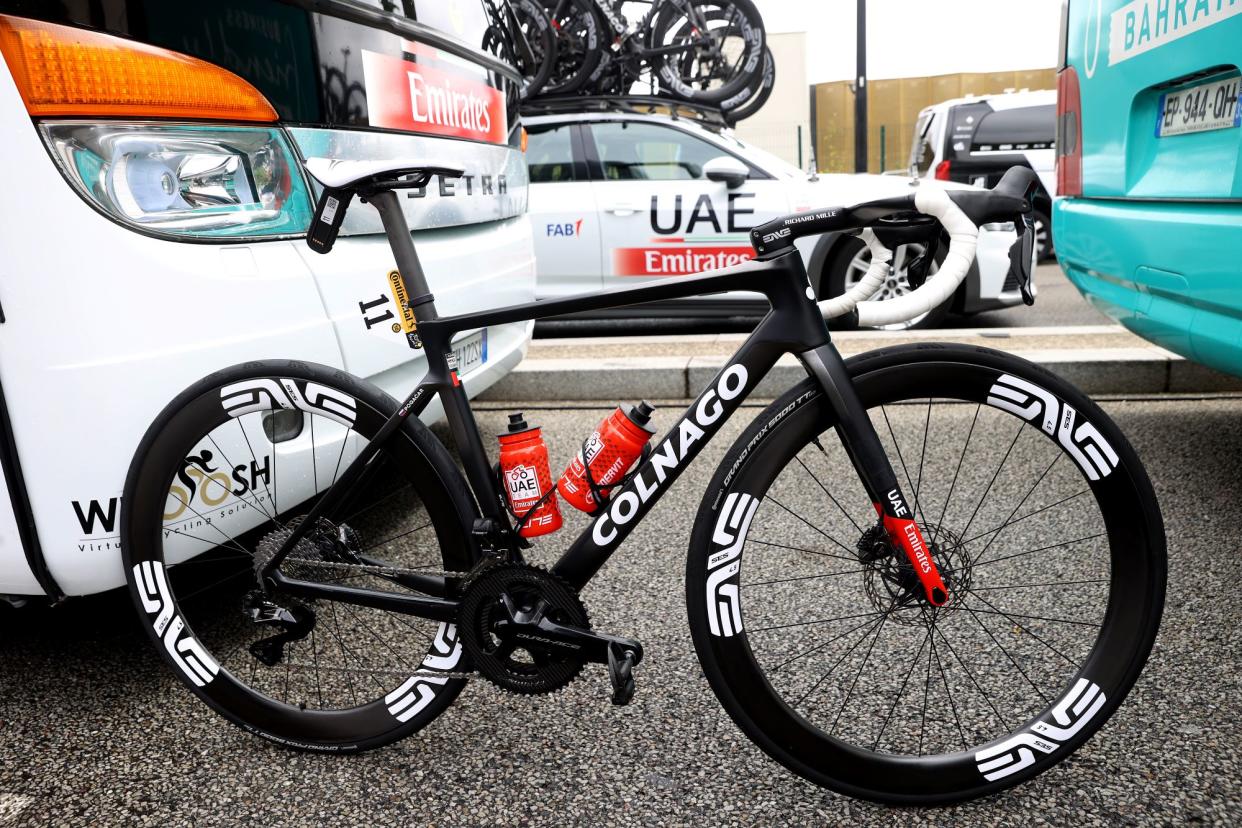UCI carried out 997 checks for motor doping at Tour de France, all came back negative

The Union Cycliste International [UCI] has shared details of testing carried out at the Tour de France for the prevention of motor doping or technological fraud.
According to the UCI, a total of 997 checks were carried out across all 21 stages of the French Grand Tour. All came back negative.
The organisation has said that 837 checks were carried out at the start of stages using magnetic tablets which were used to check for the presence of possible propulsion systems hidden in the tubes and other components of riders' bikes. 160 tests were then carried out at the end of various stages using either backscatter or x-ray transmission technology.
A UCI Technical Steward was present in the teams' paddock to check - using magnetic tablets - all the bikes used at the start of each stage. Further checks were then carried out on the bikes belonging to the winner of each stage, the yellow jersey wearer and the six other randomly selected riders selected for doping control.
UCI director general Amina Lanaya said: “The very many controls carried out on the Tour de France 2023 as part of our technological fraud detection program send a very clear message to riders and the public: it is impossible to use a hidden propulsion system in a bicycle without being unmasked.
“To ensure the fairness of cycling competitions and protect the integrity of the sport and its athletes, we will continue to implement our detection program and continue to expand it”.
The UCI carries out similar checks at all men’s and women’s WorldTour events as well as at the World Championships, the para-cycling road world championships, the para-cycling road world cup and Olympic Games.
Tests are also carried out during the mountain bike, cyclo-cross and track cycling World Championships, as well as during the UCI Cyclo-cross World Cup.
At the 2020 Tour, Jumbo-Visma sports director Merijn Zeeman was ejected from the race for clashing with a UCI commissaire over its procedures for checking for technological fraud.
The commissaire wanted to dismantle the crankset on Primož Roglič's Bianchi bike which at the time the team said led to the bike being damaged. Zeeman later apologised for his part in the incident.

